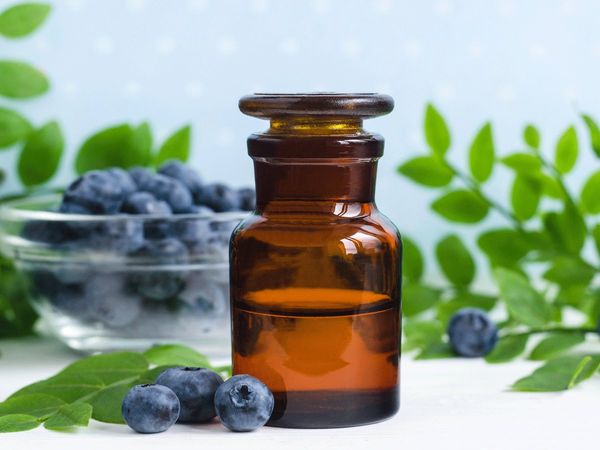
Mental health: 3 natural therapies to improve symptoms of depression and anxiety  |  Photo Credit: iStock Images
The COVID-19 pandemic has proven to be the biggest public health challenge in over a century, and institutions and individuals across the world are finding ways to adjust themselves to what appears to be a different way of functioning. While the challenges posed by the situation are manifold and cover every aspect of our daily lives, they all have a significant impact on our mental health. If there ever was a time to foreground the discussion on mental health, it is now.
If you are finding it difficult to cope with the relative isolation, then you should take the help of support systems, be it familial, social, or medical. If your mental health takes a toll, it will also end up compromising your immune response, which is something you absolutely cannot afford during these critical times. While conventional pharmacological interventions certainly have their place, it is important to buttress them with supplements and functional foods that support a healthy lifestyle. Let us take a look at some natural remedies that have positive effects on mental health.
- Tryptophan and blueberry extracts: There is a lot of ongoing research on how food supplementation can alleviate depression. L-tryptophan, the precursor of serotonin, is known to help suppress anxious and depressed moods. According to a recent review conducted by researchers at Nihon Pharmaceutical University Japan, daily supplementation of L-tryptophan had a marked improvement in the mood of individuals. The researchers found that tryptophan availability to the brain is enhanced when it is ingested along with carbohydrates, maximising its mood alleviating effects. Another study published in the British Journal of Nutrition found that supplementing the diet with blueberries leads to fewer depression symptoms compared to the placebo group.
- Valerian: The herb derived from the root of the flower, Valeriana officinalis, is an effective combatant against anxiety and sleep problems. It is an excellent option for elderly people as it does not cause memory problems as most sedative medications do. It may also help children who have trouble falling asleep by reducing anxiety and improving sleep quality, especially if they suffer from attention deficit hyperactivity disorder. However, you need to consult with their physician for the appropriate dosage. Valerian causes headaches and upsets the stomach. It is not clear as to whether it is safe to use this herb during pregnancy, as there have been no studies on this front yet. Bear in mind that this herb takes a while to work. So, if you are looking for a quick fix, you need to use it along with prescription medication under advisement from your physician.
- Omega-3 fatty acids: These naturally occurring fatty acids are abundant in cold-water fish, such as sardines, salmon, and anchovies. People who cannot eat fish can also obtain them from fish oil capsules. Omega-3 supplements boost the effectiveness of the antidepressant medication. They also double up as a stand-alone treatment for people who are concerned about the side effects of antidepressant medication, such as the elderly, people with underlying medical conditions, and pregnant women. Omega-3 fats may help treat depression in people with bipolar disorder, but they can also trigger mania. So you must take them along with a mood stabiliser. Consult with your physician beforehand as excess dosage increases the risk of stomach upset and gastrointestinal bleeding.
It bears mentioning that complex problems like stress don’t have a single solution. While a good diet is important for mental well-being, there are no individual supplements that can help reduce or relieve stress. It is a common misnomer that if take glamorous and expensive supplements, we don’t need to pay attention to our diet. This is simply not the case. Paying attention to the food we eat and enjoying our meal is equally important, especially during these uncertain times. Ensure sufficient hydration, boost your protein intake by adding seeds and nuts to your breakfast meals, and choose whole grains wherever possible. Include a vitamin D-supplement, as it can help boost immunity for vulnerable COVID-19 groups, including elders, nursing home residents, and hospital inpatients. Just because these remedies come from plant or animal sources does not necessarily make them safe. Herbal remedies can interact with regular medication, just like other drugs. Talk to your doctor before you go for herbal supplementation.
RELATED NEWS
Prakriti Poddar is a guest contributor. Views expressed are personal.





